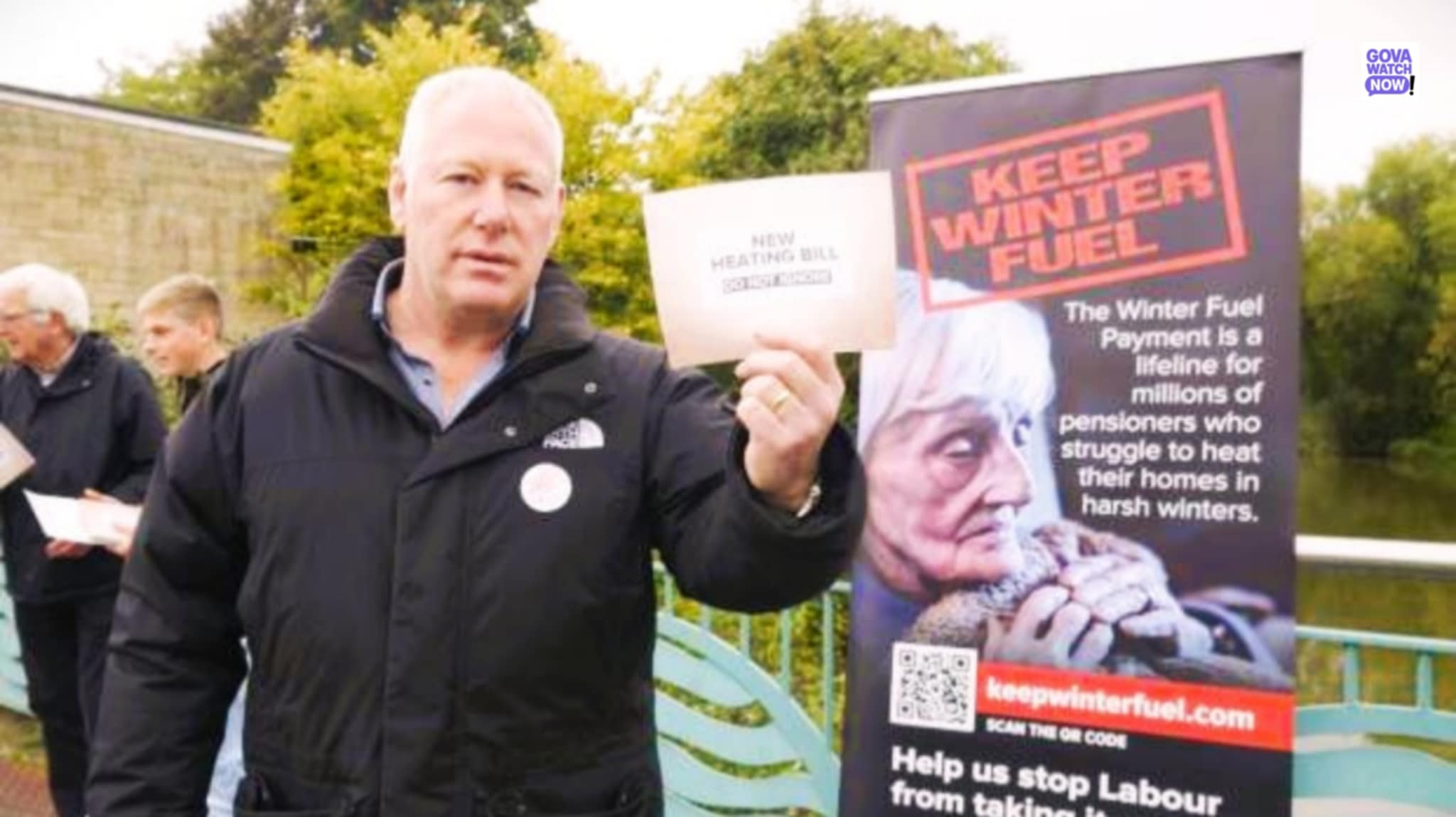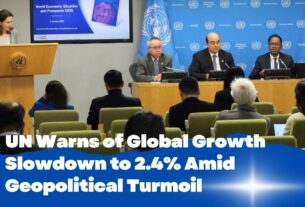Labour’s recent decision to reverse cuts to winter fuel payments has sparked a sharp political exchange in Westminster, with Sir Keir Starmer facing accusations of creating confusion and uncertainty. During Prime Minister’s Questions, Conservative leader Kemi Badenoch criticised Labour for announcing policy changes without providing clear details on eligibility or funding, describing the situation as “chaos.”
Chancellor Rachel Reeves confirmed that more pensioners would benefit from winter fuel payments this coming winter, reversing previous government plans to reduce support. While this move aims to address rising living costs for older citizens, the lack of specific information on how the policy will be financed has opened Labour up to criticism from the opposition.
In addition to the winter fuel announcement, Reeves unveiled a £15.6 billion investment package focused on public transport improvements in the North and Midlands. This infrastructure commitment seeks to bolster economic development in regions where Labour faces increasing competition from Nigel Farage’s Reform UK party.
Reeves reiterated Labour’s commitment to funding these initiatives without raising income tax, National Insurance, or VAT, insisting that the spending plans are fully costed. However, questions remain over how these promises will be balanced with fiscal responsibility, with Conservative politicians expressing scepticism over Labour’s financial strategy.
This policy reversal and investment plan mark a critical moment for Labour as it attempts to demonstrate both compassion and competence ahead of the next general election. The party faces growing pressure to provide clear and credible explanations for its spending commitments to maintain voter confidence.
With the winter season approaching and economic concerns high on the public agenda, Labour’s ability to translate promises into detailed, credible policies will be key to its electoral prospects. The coming months will test the party’s leadership and fiscal credibility as it seeks to position itself as a government-in-waiting.




